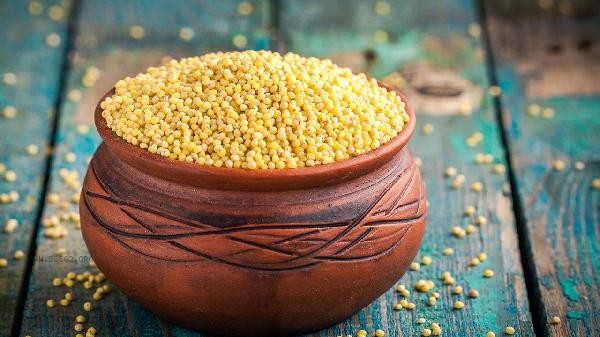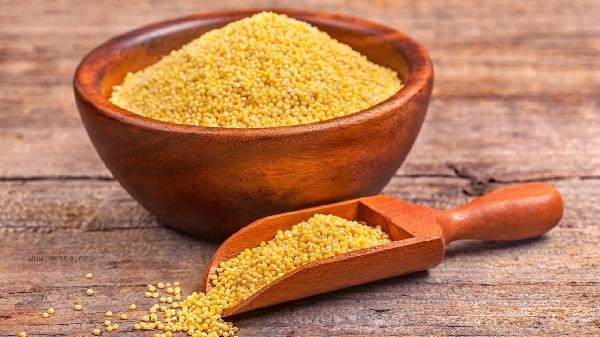Eating a moderate amount of millet and sweet potato Congee for dinner will not generally lead to obesity. Millet and sweet potato Congee is rich in dietary fiber and complex carbohydrates, which helps to enhance satiety and control calorie intake. However, excessive consumption or pairing with high calorie ingredients may increase the risk of obesity, which needs to be judged based on personal metabolic status and overall dietary structure.

Millet and sweet potato Congee is relatively low in calories, with 80-100 kcal per 100 grams. The B vitamins in Xiaomi and dietary fiber in sweet potatoes can slow down sugar absorption and prevent postprandial blood sugar spikes. The combination of the two can provide sustained energy and reduce nighttime hunger. If boiled with water and without sugar, a bowl of 300g millet sweet potato Congee has about 240-300 kcal of calories, which meets the calorie standard for healthy dinner. Some populations may experience weight fluctuations due to differences in physical constitution. Overconsumption of sweet potatoes by individuals with weak digestive function may cause bloating and affect metabolic efficiency. Adding excessive brown sugar, nuts and other high calorie accessories will significantly increase the total calories of Congee. When there is too little activity at night, excess carbohydrates may be converted into fat storage. It is recommended to pair with green leafy vegetables and high-quality protein foods, such as cold spinach or steamed fish, to balance nutrient intake. Maintaining a healthy weight requires attention to the balance between total calorie intake and exercise expenditure throughout the day. Millet and sweet potato Congee can be used as staple food instead of milled rice and white flour, and it is advisable to eat it 3-4 times a week. When cooking, control the proportion of sweet potatoes to no more than one-third to avoid excessive starch. Taking a walk after a meal can help promote digestion. If weight control is necessary, it is recommended to monitor changes in body fat and consult a nutritionist to develop personalized plans, while ensuring sufficient daily water intake and regular sleep.










Comments (0)
Leave a Comment
No comments yet
Be the first to share your thoughts!